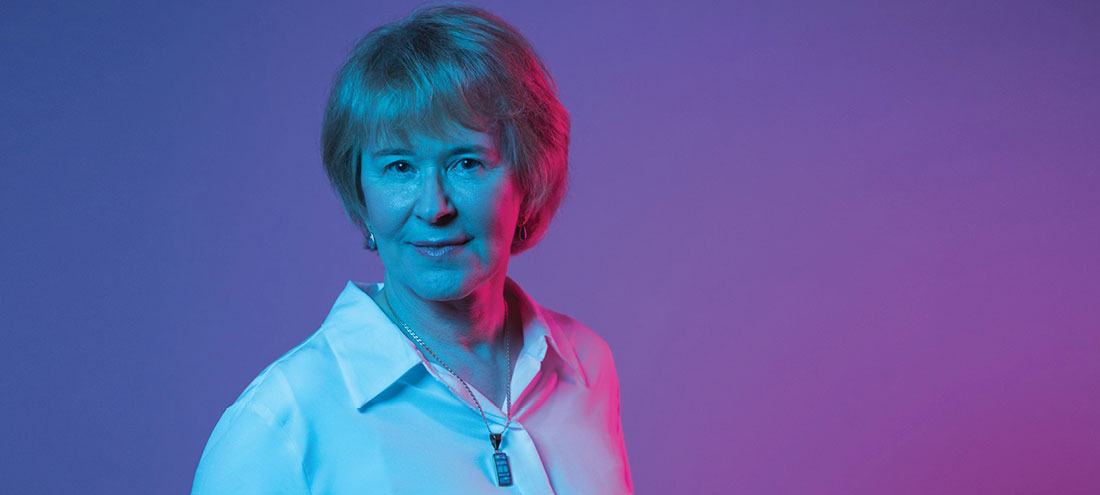Tackling a problem as big as cancer is often a matter of moving one step forward, two steps back. It requires patience and persistence and an unwavering belief that the answer is out there — at least, that’s the way Beverly Emerson, PhD, sees it.
“As a scientist, I approach my research with great optimism, thinking that solving any difficult problem is possible,” she said. “If I had been unable to work through uncertainties, I wouldn’t have gotten very far.”
That attitude has served Emerson well throughout her storied career. She is a professor emeritus at the Salk Institute for Biological Studies in La Jolla, California, where she also served as chair of the faculty. More recently, Emerson joined the Knight Cancer Institute’s Cancer Early Detection Advanced Research center (CEDAR) as a visiting Distinguished Scientist directing research initiatives.
Science wasn’t the original plan for Emerson, who hails from Eugene, Oregon. “I was never very good at chemistry, and I really didn’t like dissecting frogs,” she smiled. As a child, she wanted to be a boxer, like her dad, and was frequently his sparring partner. In high school, she thought she might pursue art — until she got to University of California, San Diego, and took her first biology class.
“We were studying DNA protein interactions at the molecular level to understand how genes are regulated,” she said. “It was beautiful, almost like art in a way,” she said. “That’s when science grabbed me.”
During her long career as a molecular biologist, Emerson studied gene regulation, working on the way that genes are regulated in red blood cells. Then she got to wondering: what happens when things become de-regulated, as they do in cancer? That simple question led to groundbreaking research on P53, a protein that suppresses tumors.
“Speaking up may not win you any popularity contests, but who cares? Your dog will still like you.”
During her 31 years at Salk, Emerson made critical discoveries about the ways breast cancer cells become drug resistant and how tumor cells blunt the immune system’s response to cancer. She also became a fierce advocate for women scientists, and filed a gender discrimination suit to ensure that she and her female colleagues were treated fairly. Though she believes that conditions are improving for women in the world of science, she said there’s still work to be done.
“I think women need to know that it’s okay to speak up and not always agree with the power structure,” she said. “You don’t have to be strident, but you do have to be strong.”
As for her stint at OHSU, which was originally a six-month posting, well, she’s already extended it. “I’m in heaven here,” she said. “There’s an effort for transparency and an effort to include people that I haven’t experienced before. It’s a welcome way to do science.”

